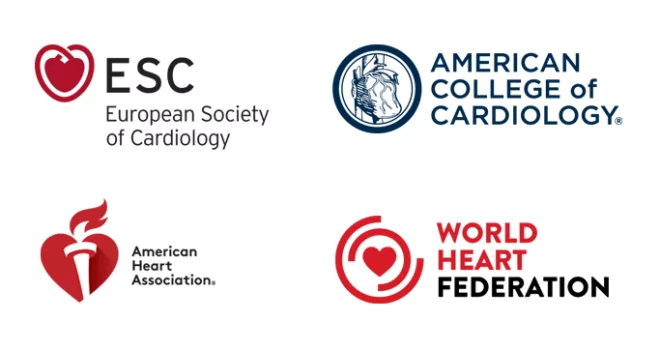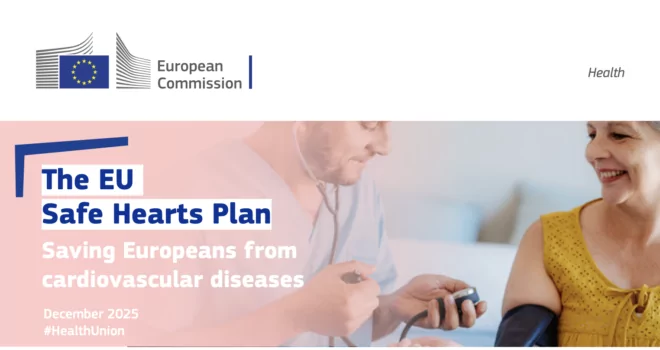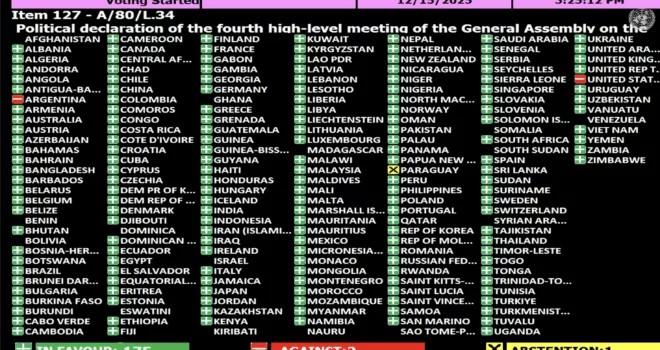This statement was delivered by Dr. Bente Mikkelsen, Chair of our Advocacy Committee, at the Seventy-Fifth Session of the WHO Regional Committee for Europe
Honourable Chair,
Distinguished Delegates,
The World Heart Federation and the European Heart Network welcome the prioritization of health security, climate change, noncommunicable diseases, and healthy ageing as core pillars of the Second European Programme of Work 2026-2030.
Nonetheless, NCDs continue to be the leading cause of morbidity and mortality in Europe, accounting for 90% of deaths and 85% of years lived with disability. Cardiovascular disease, in particular, remains a major contributor to premature mortality, responsible for 3.9 million deaths annually across the region.
We support the Fourth UN Political Declaration on NCDs as a significant milestone. Yet, to truly shift the trajectory of cardiovascular disease, Member States must go further and implement evidence-based, cost-effective interventions at scale, including:
- Treating 500 million more people globally with hypertension, achieving at least 50% hypertension control by 2030, through WHO HEARTS and WHO PEN initiatives;
- Raising taxes on sugar-sweetened beverages by at least 50% and on alcohol and tobacco products by at least 75% to reduce consumption and generate health revenues;
- Implementing the 2021 WHO Air Quality Guidelines;
- Addressing systemic health inequities and establishing sustainable financing structures for cardiovascular disease management; and
- Committing to a 50% reduction in NCD-related deaths and disabilities across all age groups by 2050.
In the European Region, the WHO Quick Buys, built on the WHO Best-Buys, offer a suite of proven, cost-effective interventions to reduce tobacco use, alcohol consumption, unhealthy diets, and physical inactivity, while addressing cardiovascular disease. These measures can deliver population-level benefits and measurable public health impact within five years.
Finally, we call on Member States to adopt and implement the forthcoming European Cardiovascular Health Action Plan, develop and prioritize a new strategy for NCD prevention and control under the Second European Programme of Work, and strengthen WHO Europe’s capacity to guide and support Member States in effective implementation.
Thank you.



